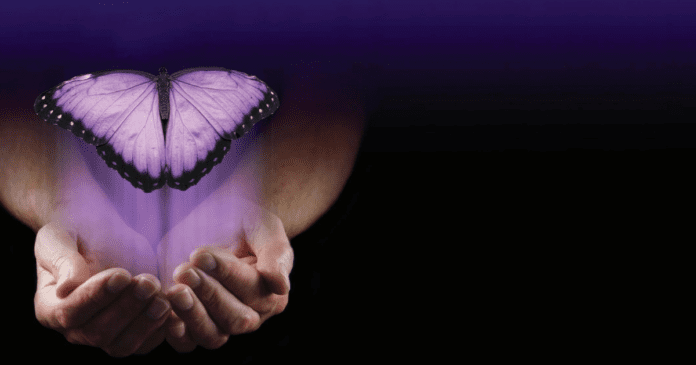By, Josh Warren
“A recovery coach is a person who helps remove personal and environmental obstacles to recovery, links the newly recovering person to the recovery community and serves as a personal guide and in the management of personal and family recovery. Such support is generated by mobilizing volunteer resources within the recovery community, or provided by the recovery coach where such natural support networks are lacking.” — William White
“A recovery coach is anyone interested in promoting recovery by removing barriers and obstacles to recovery, and by serving as a personal guide for people seeking or in recovery.” — CCAR
Many individuals may not know where to start on their recovery journey. Others may have an established program and are looking for added support. Some may be transitioning out of treatment, into sober living, or going through a significant life event. Regardless of where they may be in their recovery journey, coaches meet them where they are, as they are.
One of the most valuable aspects of having a coach is the one-on-one connection that comes along with having someone in your corner all along the way.
Coaches help bring connection, empathy, and understanding to a challenge that can seem overwhelming and deeply personal. Every step of the way, a coach provides a lifeline to an immersive community of compassion, support, and resources.
By employing motivational interviewing and various strengths-based approaches, coaching becomes a synergistic partnership where both individuals contribute their expertise. This approach acknowledges and values the shared experiences that bind the two together, fostering a supportive environment for mutual growth, recovery, and community building.
In addition to their lived experience, coaches go through extensive training to learn motivational interviewing, intentional peer support, resource navigation, and effective planning and goal-setting. With these skills, coaches cultivate an environment that is warm and compassionate while also structured and goal oriented.
Coaches play a crucial role in the recovery process that transcends any one pathway, empowering people to develop the lifestyle and skills to live a life free from addiction.
With guidance, accountability, and encouragement, coaches can help connect those in recovery to a sense of confidence and sustainability, knowing that they have a community of support behind them.
Some of the roles a coach can adopt are:
• Motivator and Cheerleader: coaches build a relationship based on trust and respect to help encourage and empower those in and seeking recovery to accomplish their goals. Since the coach has lived experience, they understand that everyone has the capacity to change and can share in celebrating milestones and accomplishments.
• Ally and Confidant: coaches genuinely care and listen, honoring confidentiality. coaches build a rapport that is fostered in collaboration and community.
• Problem-Solver: coaches help solve personal and environmental obstacles to recovery by utilizing the mutual expertise within the coaching relationship to brainstorm solutions.
• Resource Broker: coaches link individuals to resources for harm reduction, detox, family support and education, recovery residences and housing, recovery-conductive employment, health, social services and other forms of support.
• Lifestyle Consultant: coaches assist in developing recovery-based rituals for living, creating healthy habits for sustainable recovery, stability, and connection.
• Recovery Planner: coaches assist in creating a unique plan of recovery and regularly check in to identify goals, successes, and difficulties, based on the strengths the person seeking recovery brings to the collaboration.
As people explore their recovery journey and build their support system of coping skills and resources, a coach ensures that they do not have to do it alone.
Sometimes we need someone to show us where to start. Other times, we may need a helpful hand to guide us in the direction we wish to go.
Josh Warren, Statewide Recovery Coach Coordinator



